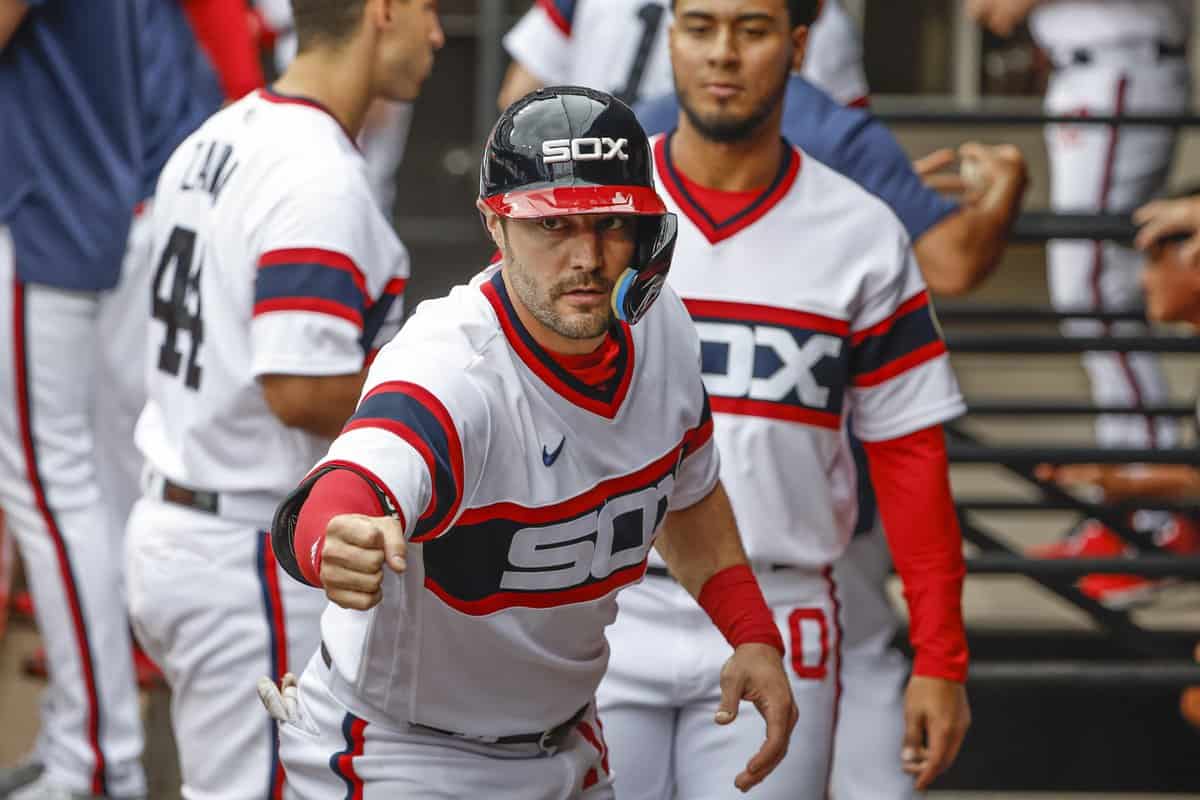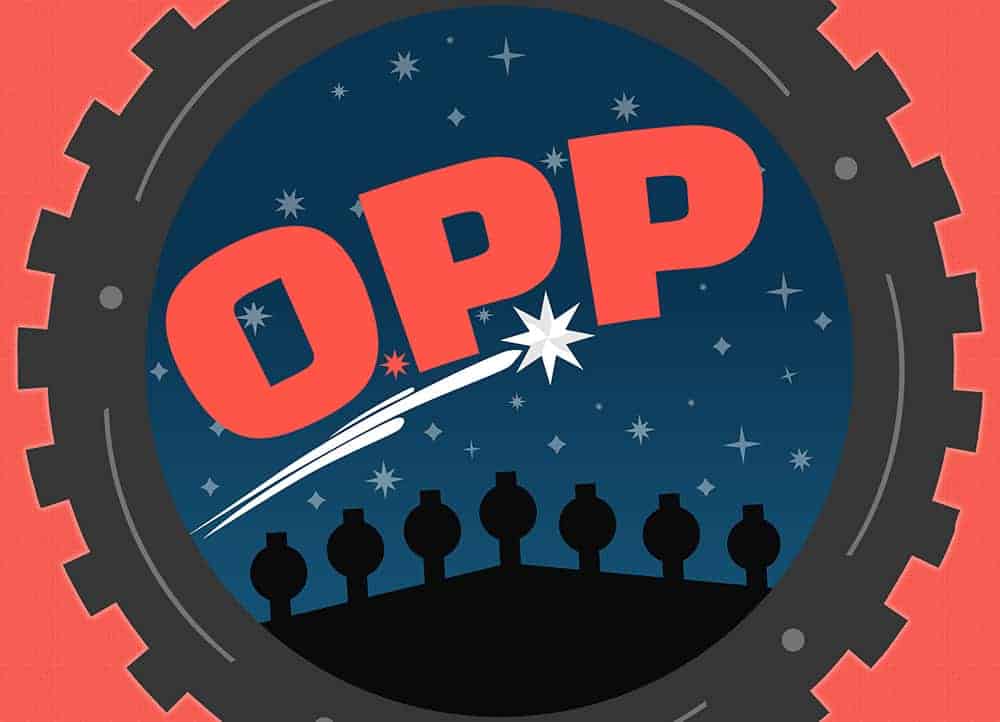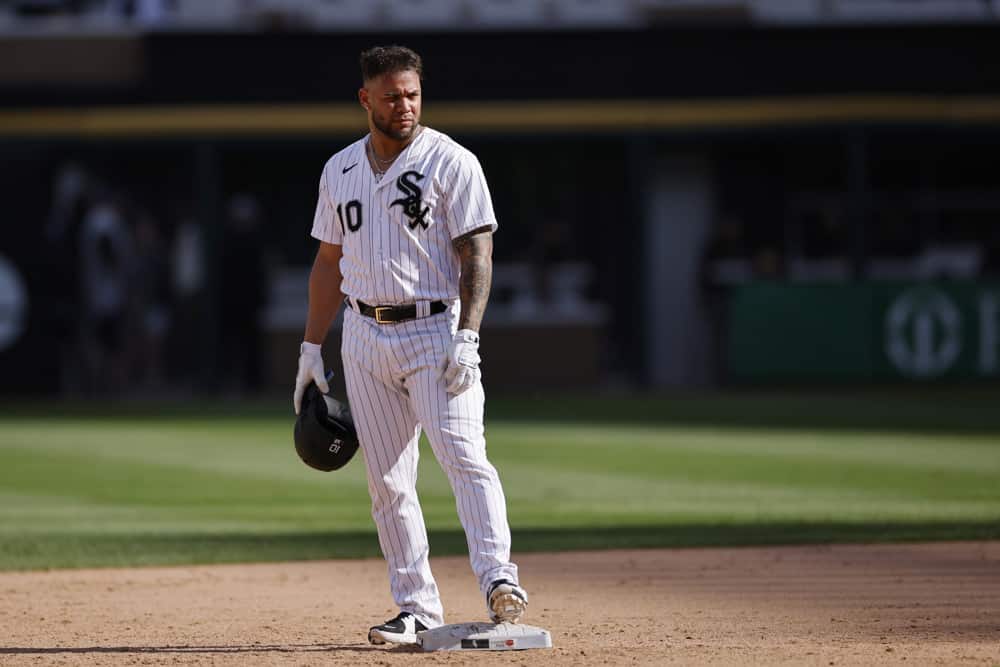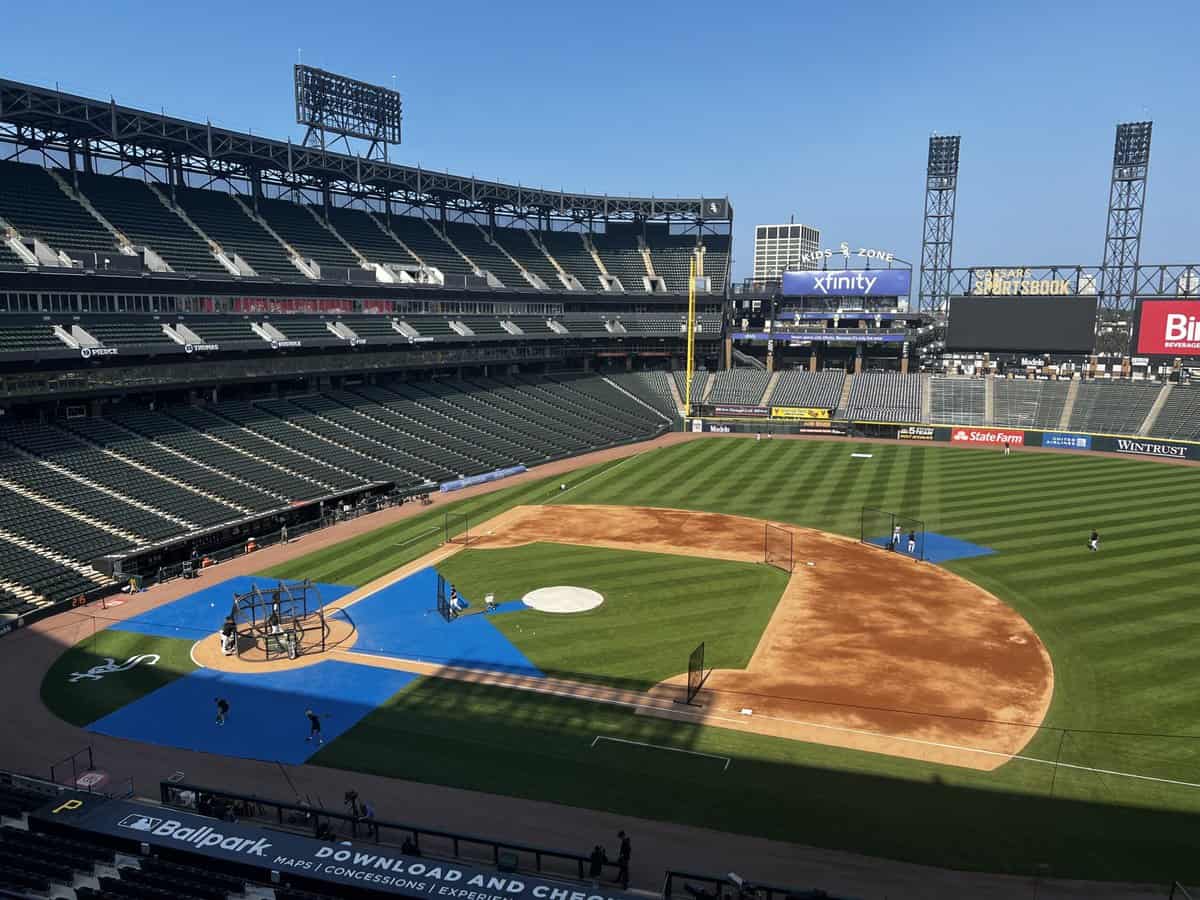AJ Pollock did the White Sox a favor this afternoon.
With Pollock rejecting his $13 million player option for 2023 and accepting the $5 million buyout, the White Sox have $8 million they previously couldn't plan on spending elsewhere, and they can officially close the book on the Craig Kimbrel trade.
This doesn't feel like a financially optimal decision for Pollock, because he'll have to find a one-year, $8 million deal in order to break even, and that's not a given. If his 2022 season is his profile going forward, then he'll hit the market as a 35-year-old left fielder who hit .245/.292/.389 and did all of his damage against left-handed pitching.
- vs. RHP: .231/.284/.309 over 394 PA
- vs. LHP: .286/.316/.619 over 133 PA
But $8 million or thereabouts isn't impossible. In Pollock's favor, Andrew McCutchen received one year and $8.5 million from the Brewers last winter with a similar profile, and Tommy Pham got one year and $7.5 million from the Reds. Working against Pollock, McCutchen is a former MVP with a relatively clean injury history, and Pham didn't have a platoon split. I'd guess Pollock signs for a lower base salary, but with basically-stay-healthy incentives that can get him there.
That pivot to standard platoon fare was a major disappointment. Pollock hit righties better than lefties during a successful 2021 season with the Dodgers, which is what the White Sox thought they were getting when acquired him for Kimbrel at the end of spring training. The question for Pollock's potential suitors is whether they think there's a rebound in store, or whether Pollock is the most recent high-priced veteran to suddenly wilt on the White Sox. If the Dodgers were willing to accept Kimbrel to escape likely 2023 obligations for Pollock, perhaps teams will base their calculus on whose talent evaluators they trust more.
There's more than money to consider, though, and there's something to be said for the reset button, especially when you've already cleared $70 million in career earnings. Pollock didn't fit in a White Sox outfield when Luis Robert and Eloy Jiménez are healthy, and Oscar Colás might be the Alexei Ramirez to Pollock's Orlando Cabrera as the favored internal threat who relegates Pollock to the bench.
(For those who weren't around in 2008, the White Sox offered Cabrera arbitration as a Type A free agent, which was the equivalent of the qualifying offer under compensation rules at the time. He would've made around $10 million had he accepted, but the White Sox probably would've made him miserable, so he tried the open market despite having a draft pick attached to him, and he ended up settling for a $4 million deal to start for Oakland.)
Pollock's White Sox career opened him with him failing to catch a warning track fly ball to lose Opening Day, followed by a strained hamstring in Game 2, and he never found meaningful traction afterward. Now it's past tense.
However it happened, Pollock's decision means the ramifications from Kimbrel's disastrous brief stay are over. Had Pollock exercised his option, the Sox would've spent another offseason consumed with moving an eight-figure salary they never wanted to keep, and while Kimbrel flopped on Dodgers, they would've come out ahead simply by being done with him after 2022. With Pollock cutting his stay short, it's simply a lose-lose deal on both sides, and that feels like a win.
Some might consider Nick Madrigal's Cubs career a loose end, but his 2022 season -- .249/.305/.282 over 59 games due to multiple injuries at 25 -- showed why the White Sox had reasons to trade him when they did, especially since the Sox weren't any more likely to keep him on the field. Josh Harrison's similarly unsuccessful White Sox career shows second base is still a void, but the position really wouldn't be any more settled were Madrigal still around.
Now everybody can more seriously approach outfield solutions, whether it's a play for a fixture like Brandon Nimmo, or another veteran stopgap who hits on the other side of the plate (Michael Brantley, David Peralta, Kole Calhoun, Robbie Grossman, etc.).
My apologies to everybody who accommodated Pollock's salary in their Offseason Plan Projects due to my influence. Here's hoping my $190 million payroll suggestion was also too confining.





